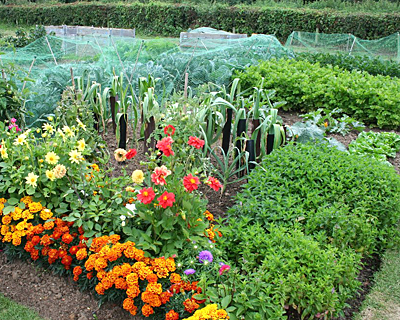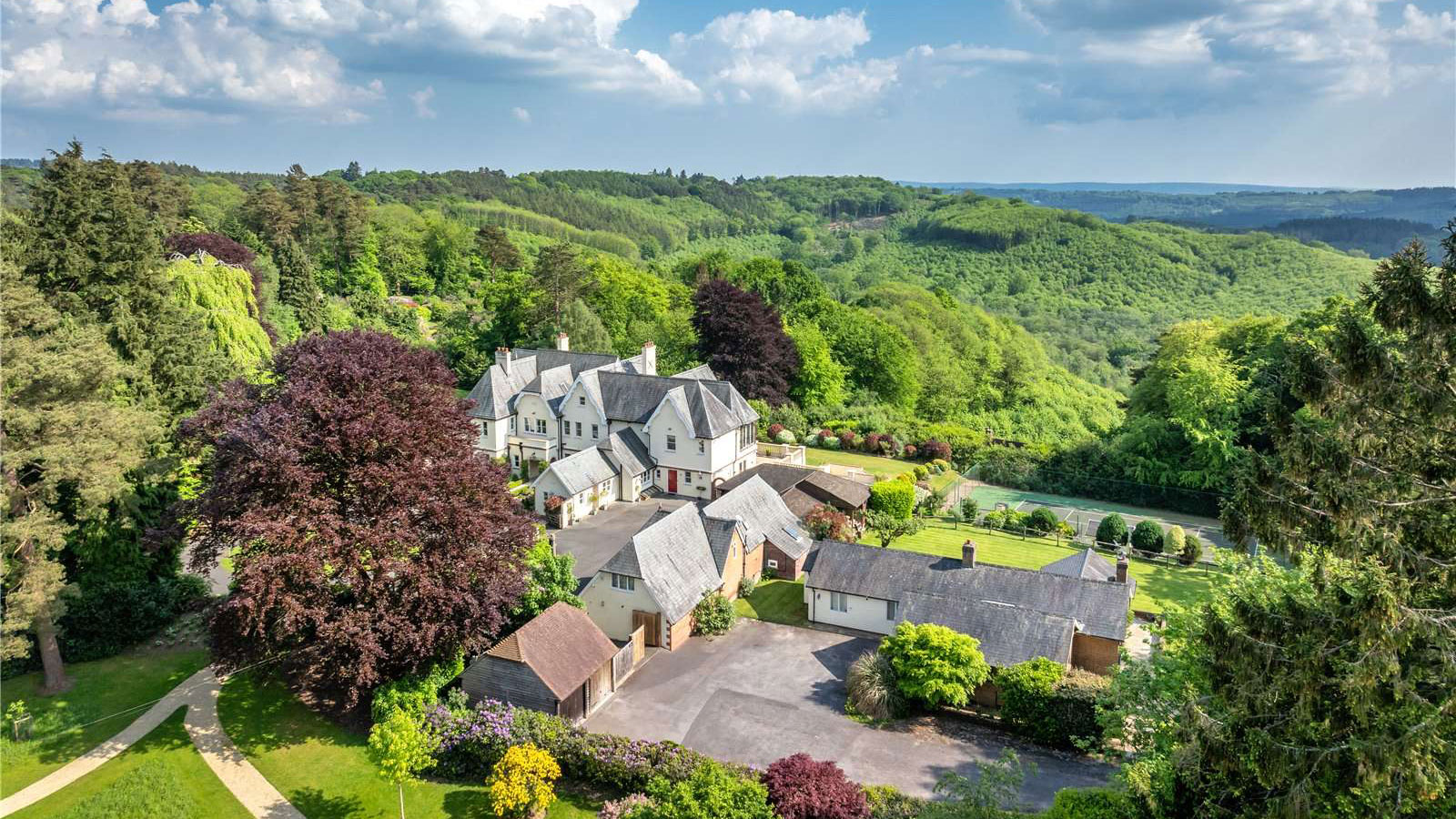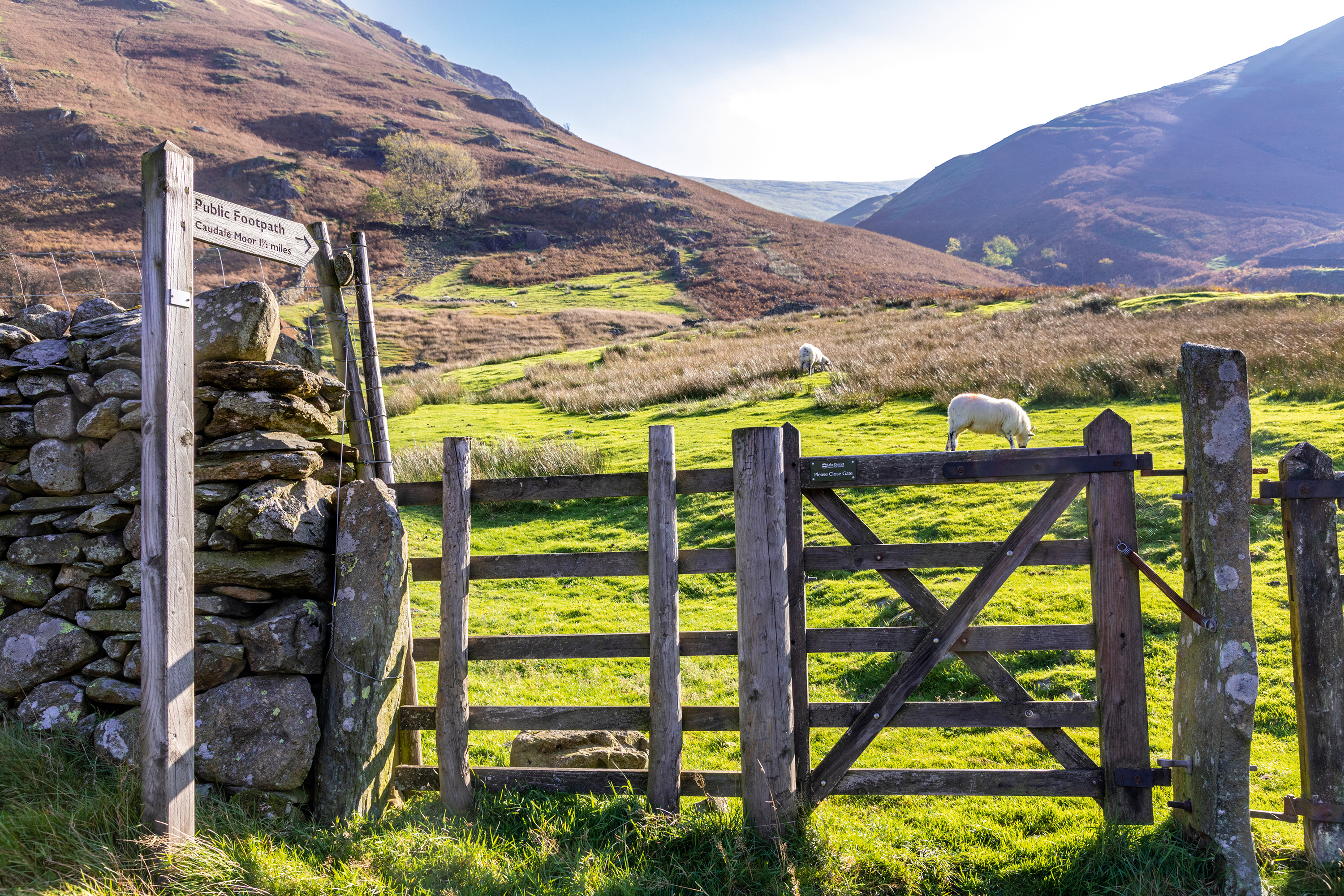Let out your land for an allotment
Private landowners are being urged to let out their unused land to those keen on running allotments


With demand for ‘grow your own' plots far outstripping the supply of community allotments, increasing numbers of private landowners are leasing out sites for public use with benefits for both sides.
The most recent figures from the National Society of Allotment and Leisure Gardeners (NSALG) suggest that the waiting list for community allotments stands at more than 100,000 names, with an average expected time on the list of three years. However, private landowners can offer a much faster alternative, receiving either produce or payment in return. ‘We found that some landowners who diversify into allotment gardening can even earn more money from renting their land than farming it,' comments Donna McDaid of the NSALG, which saw a membership increase of 10% last year.

‘My advice to anyone thinking about letting out land for other people to use is just to get on with it,' says John Richardson, who doesn't actually charge for the use of the 15 plots on his farm near Bolton, but simply wanted to make use of previously agricultural land. ‘We help with fencing and water, but, otherwise, just leave them to it. It's a sustainable way of putting the land to good use without losing control of it.'
The Boltons were put in touch with keen growers in the local area via celebrity chef Hugh Fearnley-Whittingstall's Landshare website (http://landshare.channel4.com), which, as well as raising the profile of the idea, has facilitated the process by the simple premise of ‘matchmaking' growers looking for land owners and vice versa. Launched early last year, the site now has almost 45,000 members and is the main method by which many plots, including those owned by the National Trust, are administered. ‘We're delighted by how successful it's been,' says Mr Fearnley-Whittingstall.
‘And by the imaginative results. We've even had a company in London planting trees on a site in Derbyshire to offset its carbon footprint.' But, he adds, there is still much potential: ‘The site can handle a lot more traffic.
The smallest pocket of land can be used even hard surfaces such as car parks. With such community and environmental benefits [growing produce close to home can reduce an individual's carbon footprint by 23%], it would be fantastic to get as many people as possible involved.' For more information, such as advice on tenancy agreements, contact NSALG (01536 266576; www.nsalg.org.uk).
Sign up for the Country Life Newsletter
Exquisite houses, the beauty of Nature, and how to get the most from your life, straight to your inbox.
Country Life is unlike any other magazine: the only glossy weekly on the newsstand and the only magazine that has been guest-edited by HRH The King not once, but twice. It is a celebration of modern rural life and all its diverse joys and pleasures — that was first published in Queen Victoria's Diamond Jubilee year. Our eclectic mixture of witty and informative content — from the most up-to-date property news and commentary and a coveted glimpse inside some of the UK's best houses and gardens, to gardening, the arts and interior design, written by experts in their field — still cannot be found in print or online, anywhere else.
-
 Six rural properties with space, charm and endless views, as seen in Country Life
Six rural properties with space, charm and endless views, as seen in Country LifeWe take a look at some of the best houses to come to the market via Country Life in the past week.
By Toby Keel
-
 Exploring the countryside is essential for our wellbeing, but Right to Roam is going backwards
Exploring the countryside is essential for our wellbeing, but Right to Roam is going backwardsCampaigners in England often point to Scotland as an example of how brilliantly Right to Roam works, but it's not all it's cracked up to be, says Patrick Galbraith.
By Patrick Galbraith